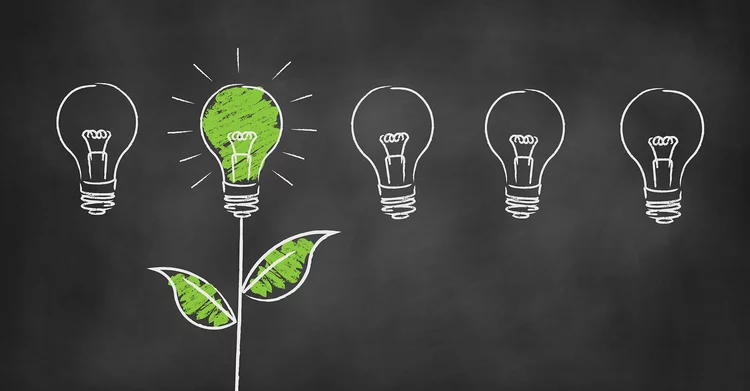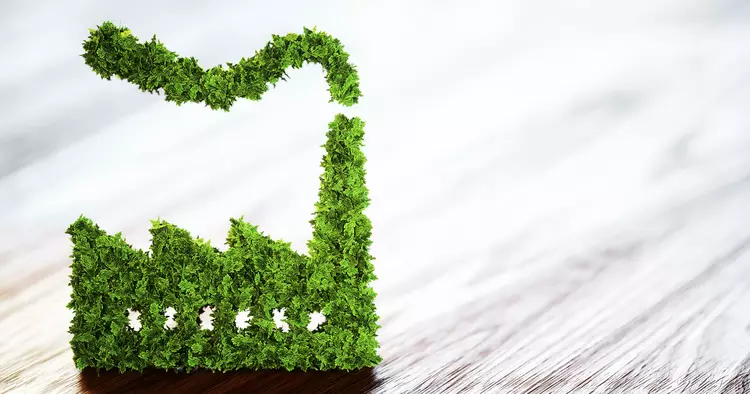The experiences we make during a crisis, and how they impact our future actions, are decisive. One immediate difference we have all felt in the recent crisis is the tangible speed with which it brought our daily lives to a standstill.
When it comes to global warming, immediate actions are also vital. Yet despite that fact, it takes years to even initiate individual actions. Here, the strategy focuses on the long term; the same applies to operative action. During the Corona crisis, however, federal state governments proved that actions can have a significant impact on our daily lives in a matter of days. Strategically, they focused on winning the battle against the virus in the long run; tactically, however, the governments chose to take remarkable urgent action, a step to which global warming alone would never have driven us. When it comes to the vulnerability of our global world, of our supply chains, the virus has a lot to teach us. When it comes to unlimited growth, it challenges us to think again. It is obvious that we will not return to the same world we lived in before COVID-19.
Today, we know more about the vulnerability of the system we live and act in. Dealing with resilience and adaptation, and even doing without, are essential tools in today’s quality management. We have new concepts for improved products and processes, so why shouldn’t we have new concepts for a different approach to our customers and suppliers across the entire supply network? Let’s work on a shared platform for our best concepts and effective actions – for the future of quality management. Because sustainability is not a one-person job.







Comments
No comments